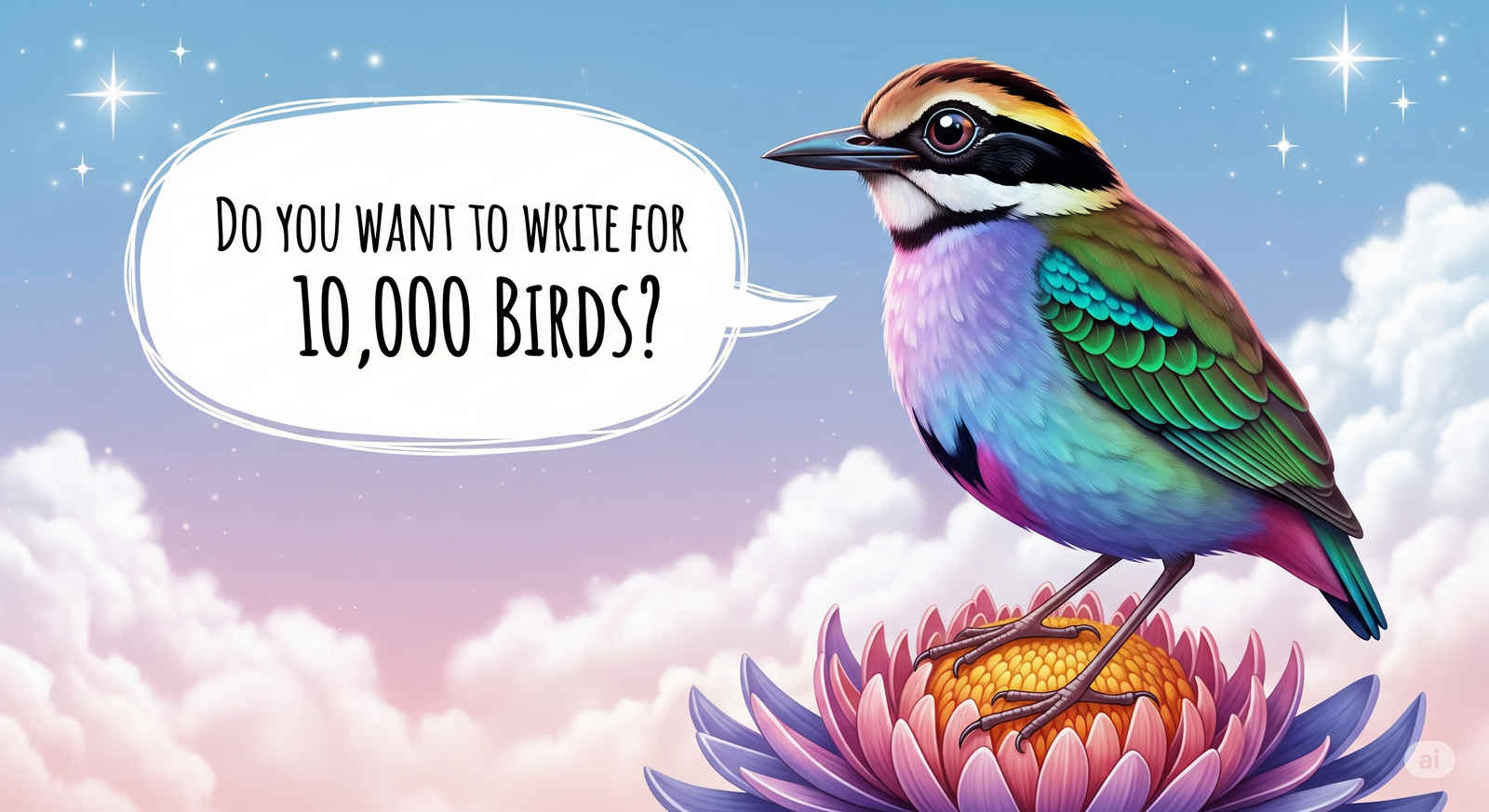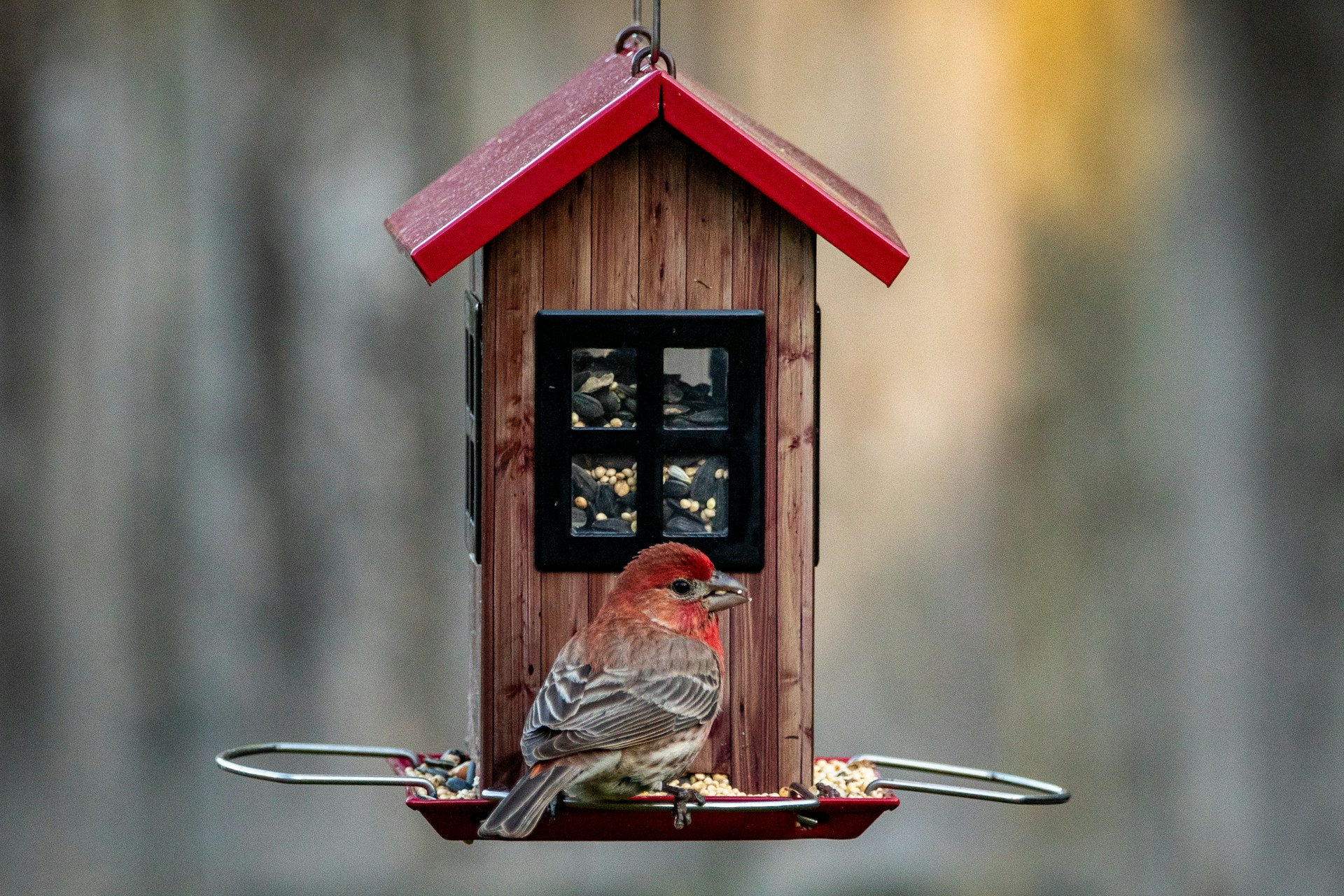PROTECT YOUR DNA WITH QUANTUM TECHNOLOGY
Orgo-Life the new way to the future Advertising by AdpathwayBird feeding is a popular pastime for nature lovers, providing an up-close look at the beauty and behaviors of our feathered friends. But what happens if you suddenly stop? Do the birds suffer? Will they move on without a problem? Don’t worry, birds will simply adapt, with many other sources of food that will make up their diet.
Do Birds Become Dependent on Feeders?
One of the biggest concerns people have when they stop feeding birds is whether the birds have become dependent on their feeders. The good news? Most birds don’t rely entirely on feeders to survive. Their natural instinct is to forage, and they will continue to seek out wild food sources even if a reliable feeder suddenly disappears.
However, in some cases, especially during winter or in areas with scarce food, feeders can provide a crucial supplement that helps birds survive. Some species, like chickadees and cardinals, will use feeders as a convenient food source, but they won’t starve if the feeder is removed. They’ll adjust and look elsewhere.
Seasonal Differences: When Stopping Matters Most
The impact of stopping bird feeding depends heavily on the season. In spring and summer, natural food sources are abundant. Birds are busy raising young and foraging for insects, berries, and seeds, so they will barely notice if feeders disappear. In fall, birds begin preparing for migration or winter survival. If a feeder has been a major food source, some birds may briefly struggle to adjust, but they will move on quickly. Winter is the most critical time for many birds. When natural food sources like insects and berries are scarce, feeders provide essential calories, especially in snowy or icy conditions. Removing a feeder suddenly in mid-winter can be more disruptive, particularly for non-migratory birds.
How Birds Adapt When Feeders Disappear
If a food source vanishes, birds immediately begin seeking out alternatives. Their strategies include expanding their foraging range to find new feeding grounds, shifting their diet to include more natural foods like berries, seeds, and insects, relying on other backyard feeders in the neighborhood, and moving to a different location with better food availability.
Studies show that birds visiting feeders still spend most of their time foraging naturally. So while a sudden loss of a food source might be inconvenient, it is rarely a life-or-death situation.
 Photo by Greg A. Wilson
Photo by Greg A. WilsonDo Birds Remember Feeders That Disappear?
Many birds, especially those with strong cognitive abilities like crows, chickadees, and jays, have excellent memories. If you stop feeding, they may return to check for food for days or even weeks before giving up. Some species even revisit old feeding sites the following year, expecting food to reappear. However, if the feeder remains empty, they will eventually stop checking and move on permanently.
If you need to stop feeding birds for any reason, such as moving away, financial concerns, or changes in local regulations, there’s no need to feel guilty. Nature provides plenty of food, and birds are skilled at survival.
However, if you’ve been feeding through harsh winters and suddenly stop, consider tapering off gradually rather than abruptly halting. This gives birds time to adjust rather than facing an unexpected food shortage.
How to Stop Feeding Birds Responsibly
To phase out bird feeding while minimizing disruption, follow these steps:
- Gradually reduce food supply – Instead of stopping suddenly, start reducing the amount you put out each day.
- Offer more natural food sources – Plant bird-friendly trees, shrubs, and flowers that produce berries and seeds.
- Leave out water – Birds need water year-round, and a birdbath can keep them visiting even without feeders.
- Clean up feeders – If you’re removing them permanently, clean and store them properly to prevent attracting pests.
- Time your stop wisely – Avoid stopping in peak winter when birds rely on feeders the most.
Final Thoughts
Stopping bird feeding isn’t the disaster some people fear, but the impact depends on when and how you do it. Birds are resilient and will find food elsewhere, though winter feeding can be a significant help in tough conditions. If you plan to stop, doing it gradually and supplementing with natural food sources can ease the transition.
Ultimately, whether you continue or stop, the best way to support birds is by making your yard a haven with natural food, shelter, and water, ensuring they thrive with or without a feeder.

























 English (US) ·
English (US) ·  French (CA) ·
French (CA) ·